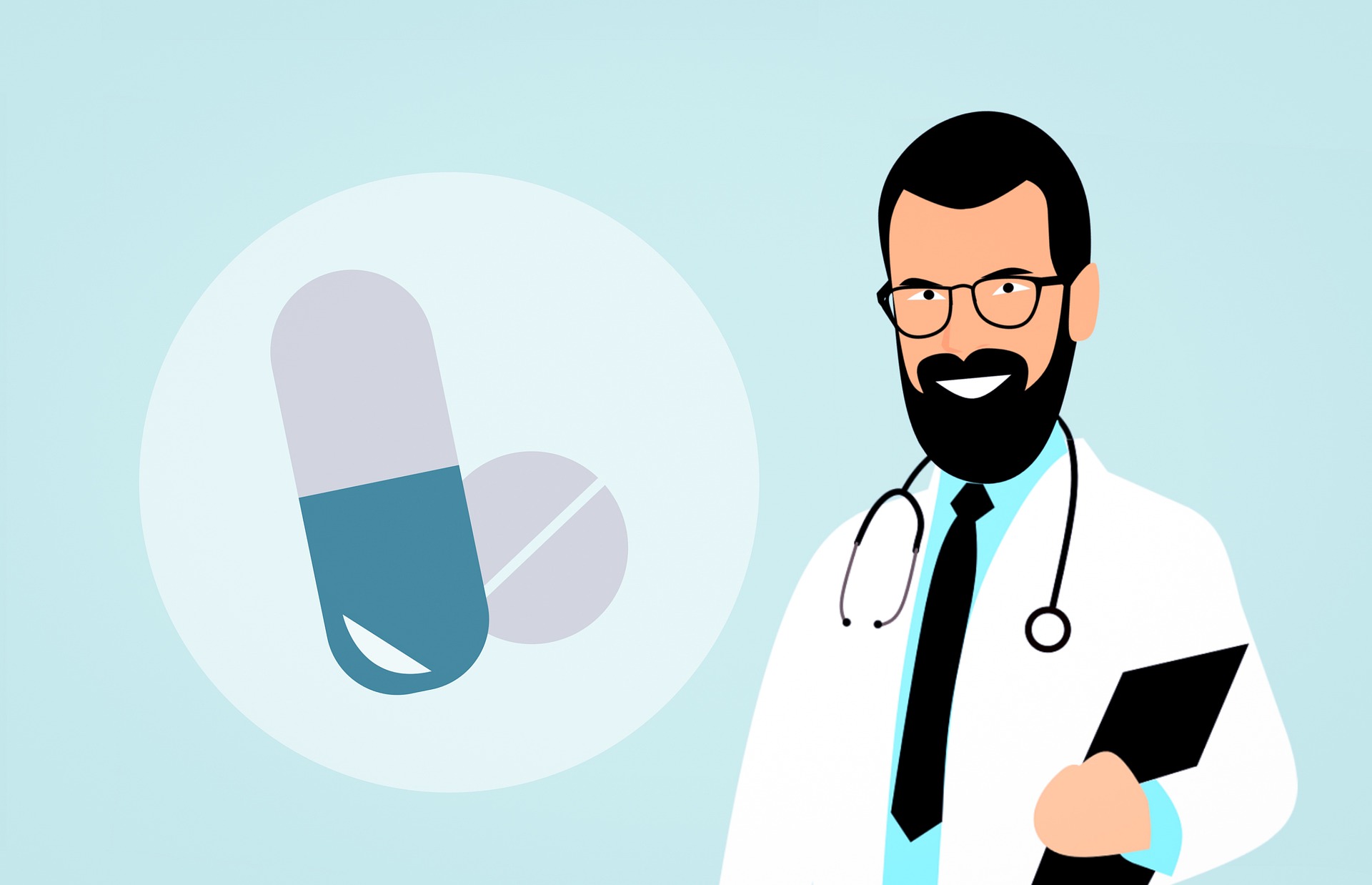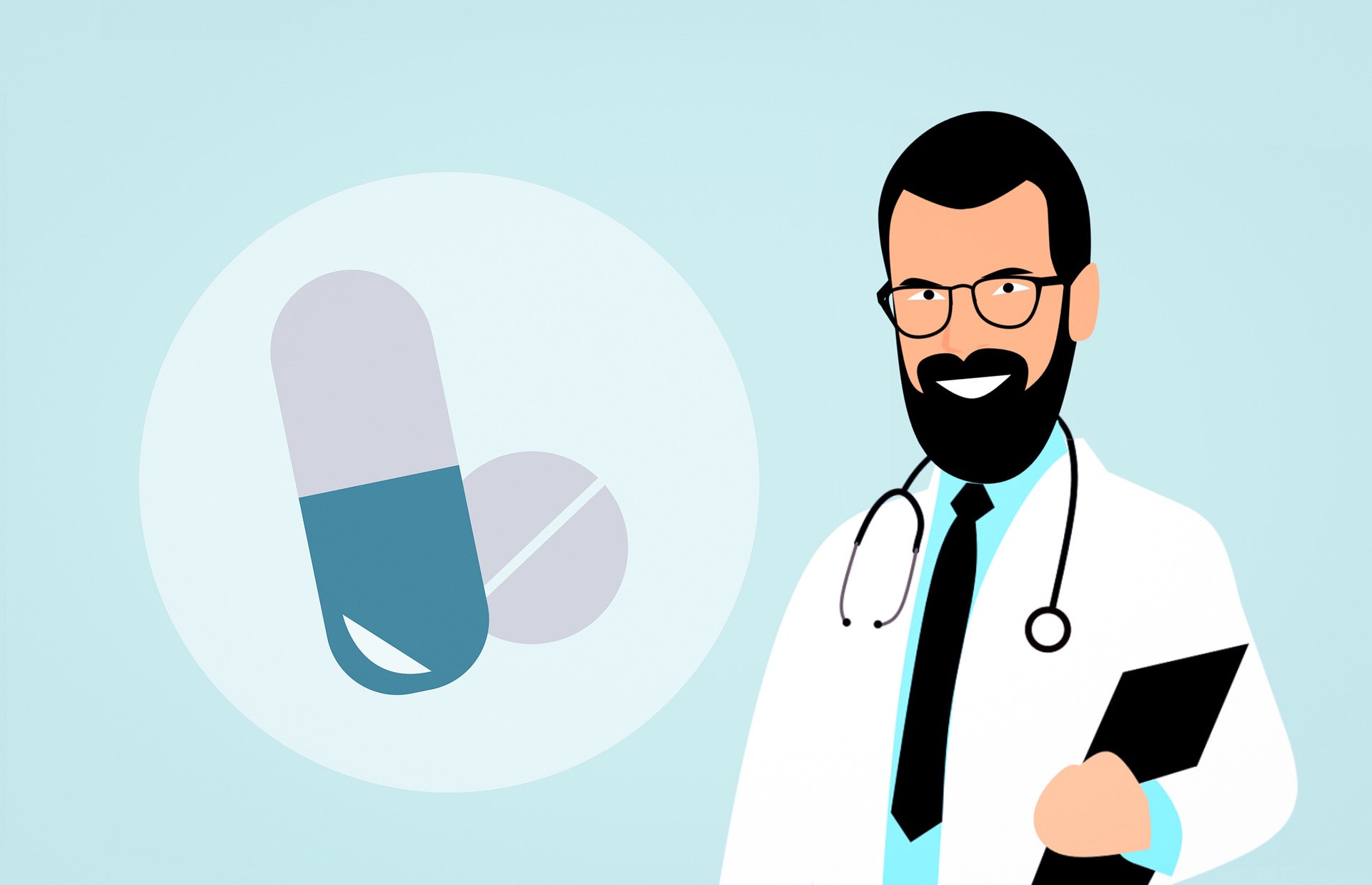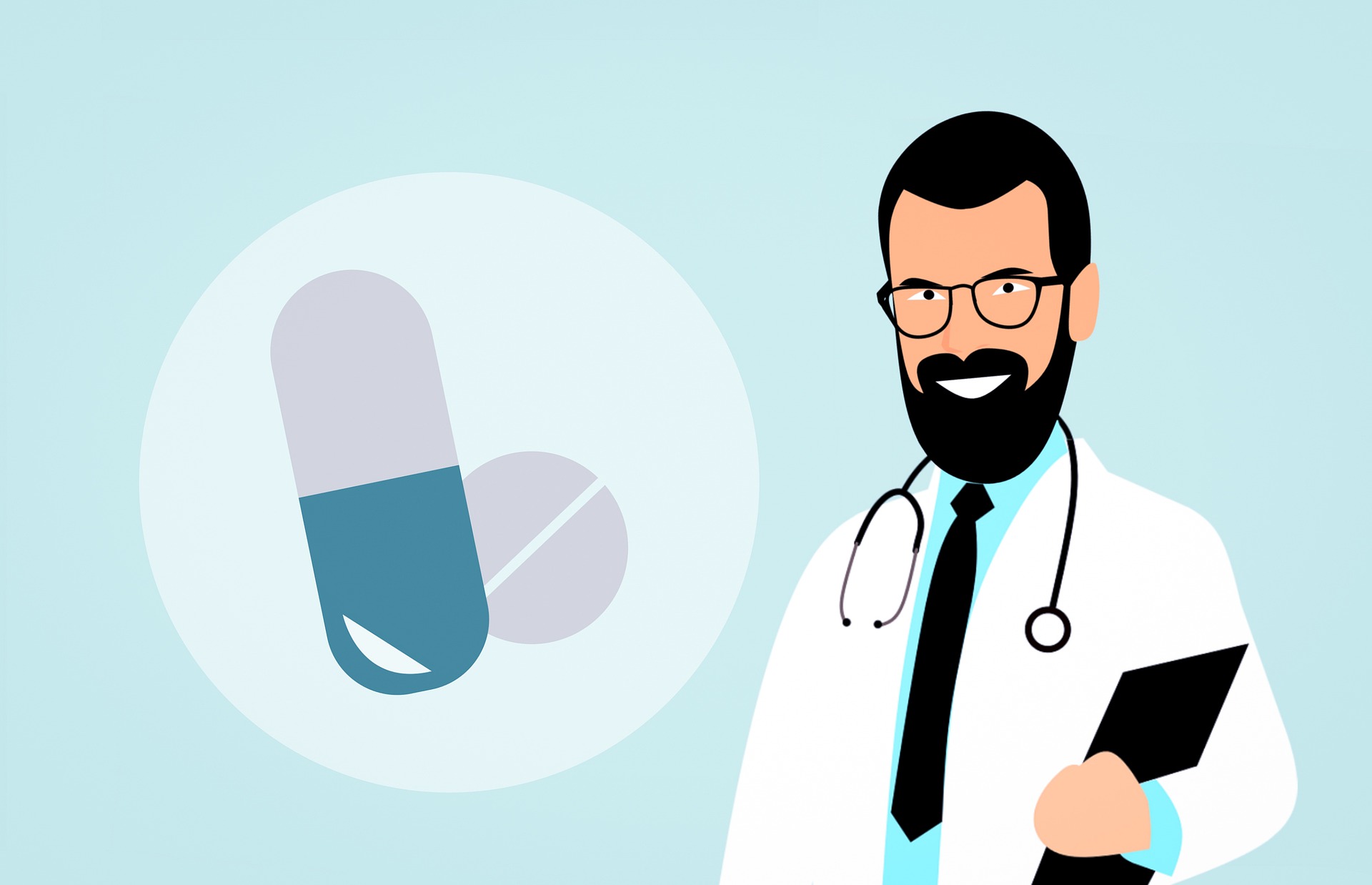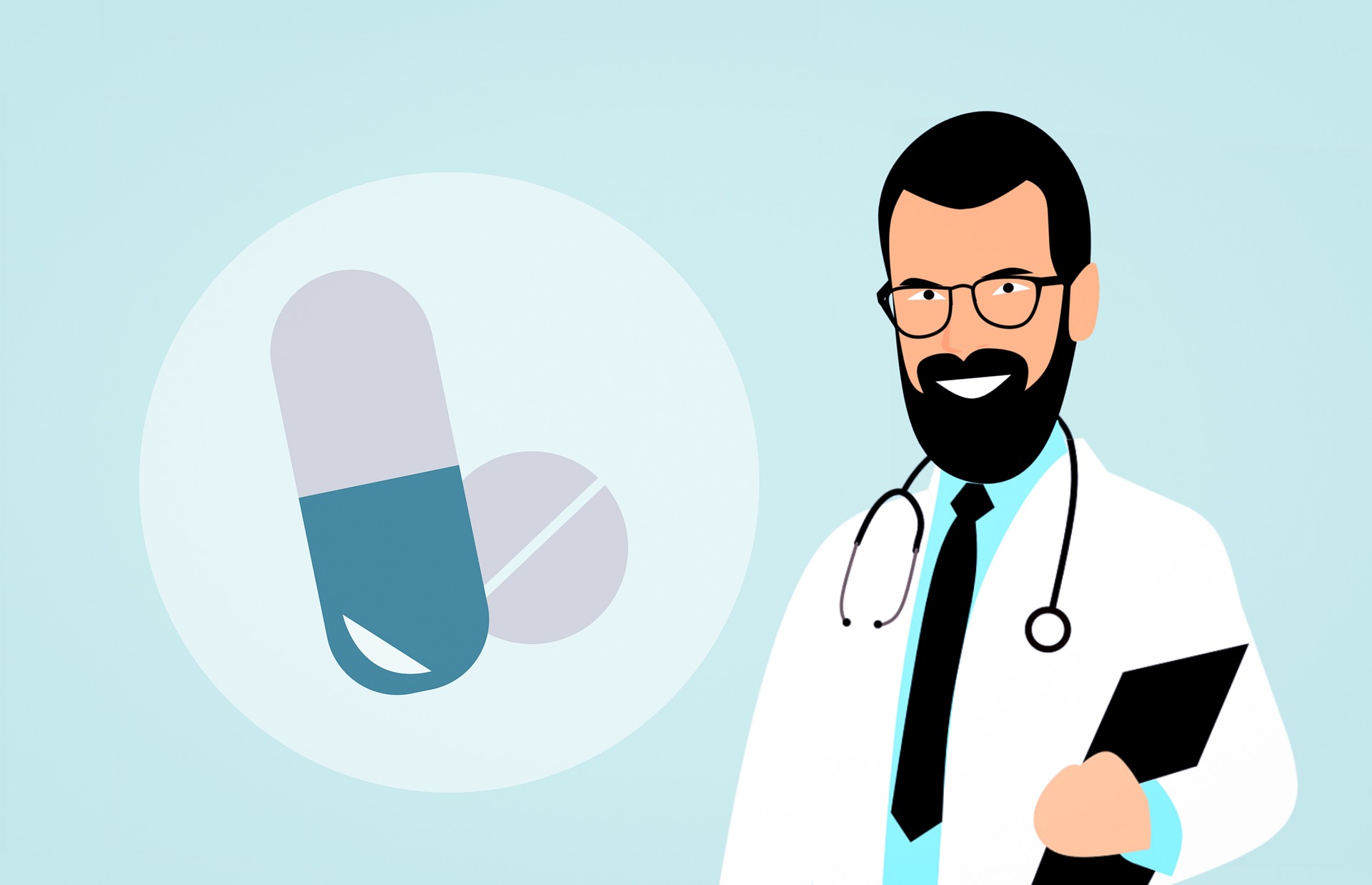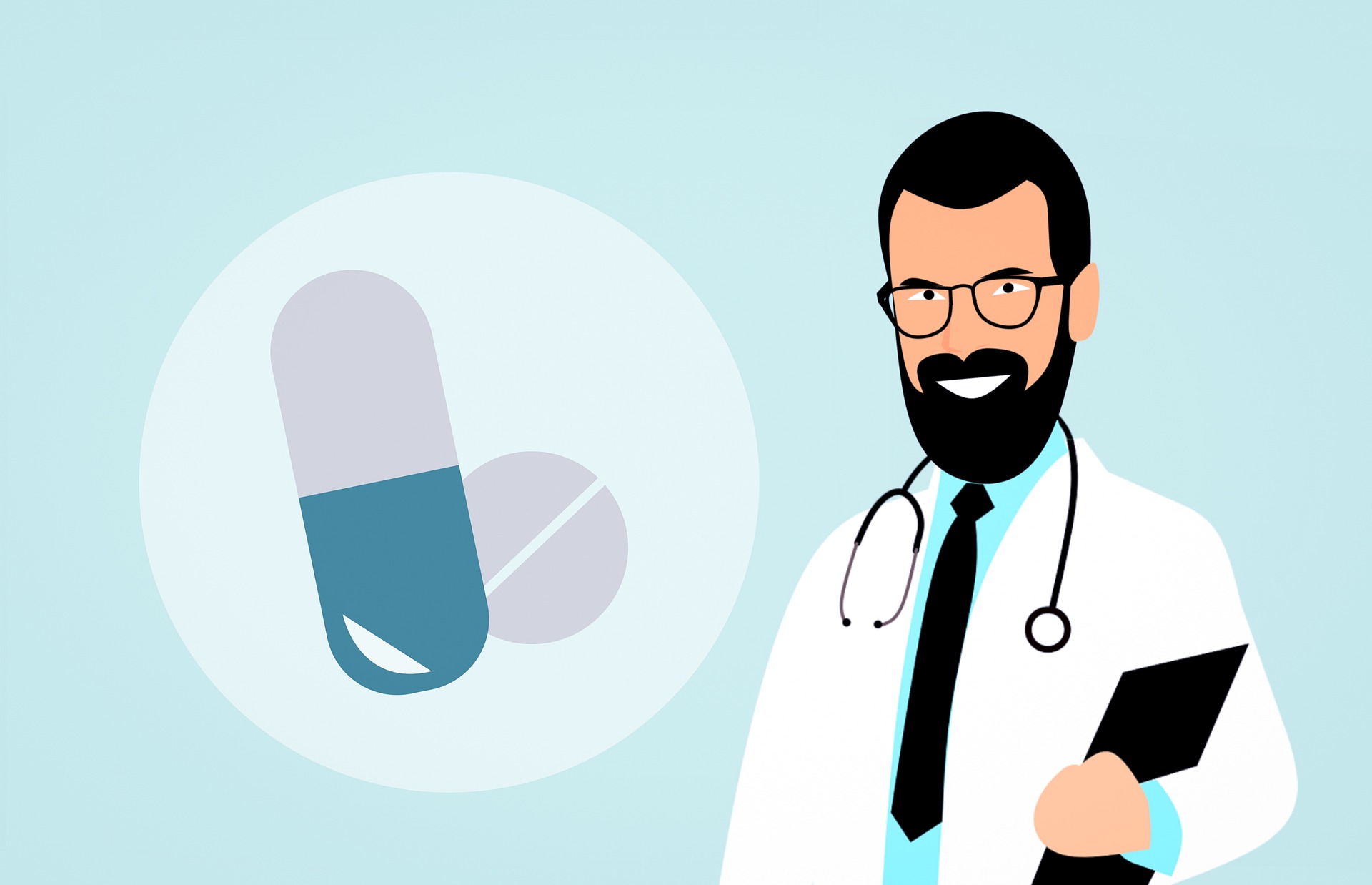How to Identify Addiction and Seek Help in New Jersey
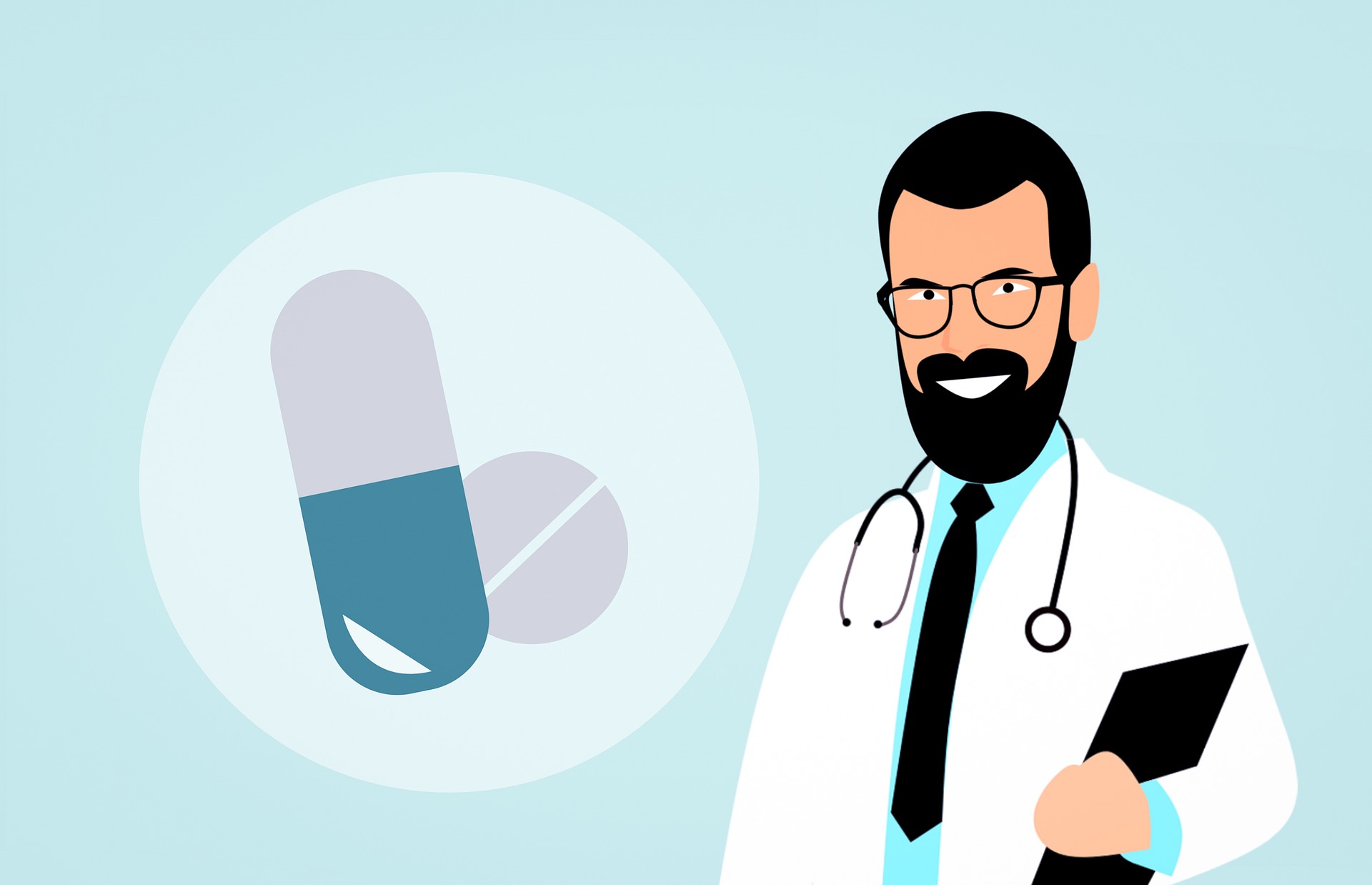
Strong 8k brings an ultra-HD IPTV experience to your living room and your pocket.
Addiction is a complex disease that can impact anyone, regardless of age, background, or socioeconomic status. In New Jersey, like in many other states, addiction is a growing concern affecting families, workplaces, and communities. This article provides a comprehensive guide to understanding addiction, recognizing its signs, and seeking effective help in New Jersey.
Suboxone Doctors in NJ: A Guide to Finding Treatment for Opioid Dependence
Opioid addiction remains a significant challenge in New Jersey, impacting individuals and families across the state. Thankfully, Suboxone doctors in NJ are making a difference by providing specialized treatment options for those struggling with opioid dependence. Suboxone, a combination of buprenorphine and naloxone, helps reduce withdrawal symptoms and cravings, allowing patients to focus on recovery with fewer barriers.
1. Understanding Addiction: What Is It?
Addiction is a chronic brain disorder characterized by compulsive substance use or behavior, despite adverse consequences. It’s essential to understand that addiction is not merely a lack of willpower; rather, it’s a medical condition influenced by biological, environmental, and social factors. Common addictions include those to substances like alcohol, prescription drugs, illicit drugs, and behaviors like gambling or internet usage. In New Jersey, the opioid epidemic has especially highlighted the urgent need for addiction awareness and treatment.
2. Signs and Symptoms of Addiction
Recognizing the symptoms of addiction is crucial for early intervention. The signs can be physical, behavioral, and psychological, and they can vary based on the substance or behavior involved.
Physical Signs
Changes in appearance: Noticeable weight loss or gain, poor hygiene, and bloodshot or glazed eyes.
Health issues: Frequent nosebleeds (for cocaine users), persistent cough (for smoking or inhalant abuse), or tremors.
Withdrawal symptoms: Sweating, nausea, shaking, or vomiting when not using the substance.
Behavioral Signs
Neglect of responsibilities: Missing work, school, or important appointments.
Secrecy and isolation: Avoiding family and friends, becoming unusually secretive.
Financial issues: Borrowing or stealing money to fund the addiction.
Psychological Signs
Mood swings: Increased irritability, depression, or anxiety.
Risky behaviors: Engaging in dangerous activities, often under the influence.
Loss of interest: No longer enjoying previously loved activities or hobbies.
Early detection of these symptoms can prevent further complications, making it easier to seek help and receive support.
3. Addiction Resources and Support in New Jersey
New Jersey offers a variety of resources for individuals struggling with addiction. Understanding the available options can make seeking help less overwhelming.
Hotlines and Helplines
Local Support Groups
Alcoholics Anonymous (AA) and Narcotics Anonymous (NA): Available in various New Jersey cities, these 12-step programs offer peer support and guidance for recovery.
SMART Recovery: An alternative to 12-step programs, SMART Recovery helps individuals manage their addiction through science-based techniques.
Treatment Centers
New Jersey has numerous addiction treatment facilities. Here are some key options:
Outpatient Programs: Ideal for those who need treatment while continuing daily responsibilities. Centers such as NJ Psychotherapy Counseling Center offer outpatient services.
Inpatient Rehabilitation: For those requiring intensive care, residential treatment centers offer a structured environment with around-the-clock support.
Detox Centers: For individuals needing medical detox, facilities like Rutgers Health or Hackensack Meridian Health provide specialized care to manage withdrawal symptoms safely.
4. Treatment Approaches: Finding the Right Fit
Each person’s journey to recovery is unique, so treatment should be tailored to individual needs. Here are some common approaches in New Jersey treatment centers:
Cognitive Behavioral Therapy (CBT)
CBT is a widely-used approach that helps individuals understand the underlying causes of their addiction and teaches them strategies to manage triggers.
Medication-Assisted Treatment (MAT)
For substance addictions like opioids or alcohol, MAT combines medication with counseling and behavioral therapy. Drugs like Methadone or Suboxone help manage withdrawal symptoms and reduce cravings, making recovery more manageable.
Holistic and Wellness Programs
Some treatment centers in New Jersey integrate holistic therapies like yoga, meditation, and nutritional counseling to support overall health during recovery.
Dual Diagnosis Treatment
When addiction is accompanied by mental health disorders like depression or anxiety, dual diagnosis treatment addresses both conditions simultaneously. This integrated approach improves long-term recovery outcomes by treating the underlying psychological issues alongside addiction.
5. Tips for Family and Friends: How to Offer Support
Supporting a loved one with addiction can be challenging, but your role is essential. Here are some ways to offer effective support:
Educate Yourself: Learn about addiction, treatment options, and local resources to better understand what your loved one is going through.
Set Boundaries: While supporting your loved one, it’s important to set boundaries to protect your own mental health.
Avoid Enabling: Resist giving money, covering up mistakes, or minimizing consequences. Instead, encourage them to seek professional help.
Seek Support for Yourself: Joining support groups for families, such as Al-Anon, can provide you with the emotional assistance needed to handle the situation.
6. Finding Addiction Help in New Jersey: Steps to Take
If you or someone you know is struggling with addiction in New Jersey, here are some steps to take:
Acknowledge the Problem: Accepting that addiction is present is the first, often most challenging, step.
Consult a Professional: Reach out to a counselor, therapist, or doctor who can guide you through treatment options and provide referrals.
Explore Treatment Options: Based on individual needs, choose between outpatient, inpatient, detox, or MAT programs.
Stay Committed: Recovery is a journey. Commit to long-term care, whether through therapy, support groups, or wellness practices.
7. Building a Life Beyond Addiction
Recovery doesn’t end with treatment; it requires ongoing commitment to sobriety and a healthy lifestyle. Here are some ways to build a life beyond addiction:
Set Realistic Goals: Start with small, achievable goals to regain control of your life.
Surround Yourself with Supportive People: Build a support network of friends, family, or peers who encourage sobriety.
Stay Engaged in Therapy: Regular therapy or counseling helps address challenges and prevents relapse.
Develop New Hobbies: Engaging in new activities can provide fulfillment, reducing the desire to return to addiction.
NJ Psychotherapy Counseling Center: Supporting Mental Wellness in New Jersey
The NJ Psychotherapy Counseling Center provides comprehensive mental health services tailored to meet the diverse needs of individuals, families, and groups across New Jersey. Known for its team of licensed therapists and counselors, the center offers a wide range of therapeutic services, including individual counseling, family therapy, group sessions, and couples therapy. Each session is designed to help clients develop coping strategies, manage life’s challenges, and improve overall mental wellness.
Final Thoughts
Addiction is a powerful challenge, but recovery is possible with the right support and resources. New Jersey offers a variety of programs and facilities designed to meet individuals’ unique needs, making help more accessible than ever. Identifying addiction early and seeking professional assistance can set the foundation for a successful recovery journey and a healthier, addiction-free life.
Note: IndiBlogHub features both user-submitted and editorial content. We do not verify third-party contributions. Read our Disclaimer and Privacy Policyfor details.



